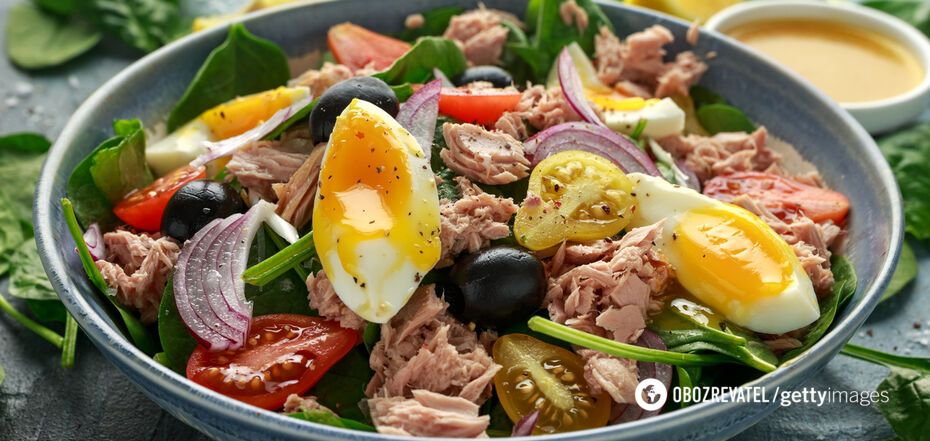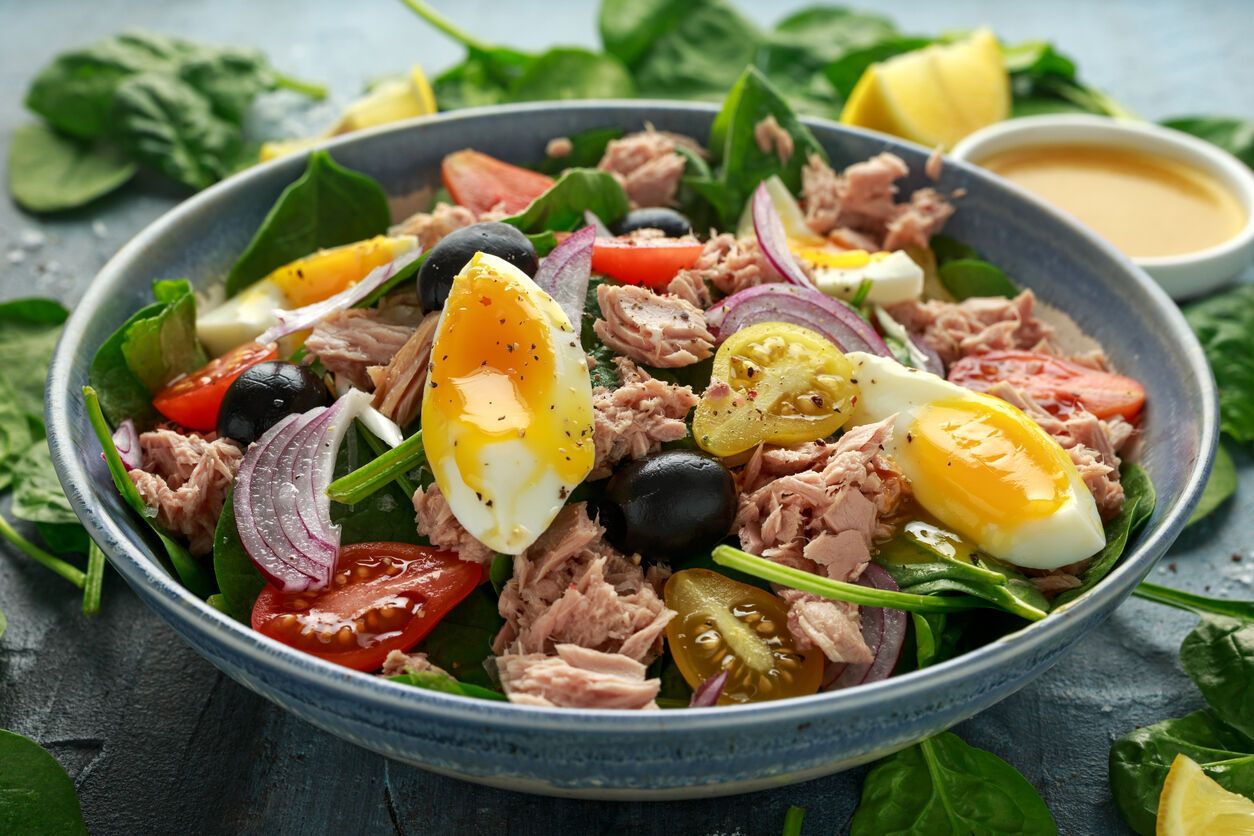LS Food
Tuna: 5 important reasons why you should add it to your diet
Adding tuna to salads and other dishes increases the nutritional value. It also provides the body with proteins and contains many healthy fatty acids, minerals and B vitamins.
In addition, tuna is a versatile product that can be included in a large number of recipes, according to cocina-casera.com.
Five nutritional properties of tuna you should know
An excellent source of protein
For every 100 grams of canned tuna, you can get 27 grams of protein of excellent quality and high biological value. This amount provides more than 50% of the protein that the body needs daily, based on the norm of 2000 kcal. Thus, tuna is an excellent ingredient for dishes, especially if you want to keep your muscles toned or need extra energy for sports.
Contains a large dose of omega-3
This bluefish is rich in omega-3 polyunsaturated fatty acids. They, in turn, contribute to good brain function, are important for the cardiovascular system, and have anti-inflammatory and anticoagulant properties.
In addition to these acids, tuna also contains monounsaturated fats, which are also beneficial for the body. They help to take care of the heart by lowering the level of "bad" (LDL) cholesterol and increasing the amount of "good" (HDL) cholesterol, which is very important for maintaining health.
Helps improve mood
If you feel bad and don't want to do anything, you need to know that there are foods that lift your mood. These include tuna, as it is rich in omega-3, vitamin B6, and vitamin B12, which improve mood and brain function.
In addition, tuna also contains minerals such as selenium, phosphorus, magnesium, and iron. They provide the body with energy, as well as affect the nervous system and muscle activity.
Ideal for dieting
Due to its high protein content and low content of unhealthy fats, tuna is the best helper for weight loss. In addition, it has no carbohydrates and contains only 180 kcal per 100 grams when preserved in oil. This means that you can include it in your nightly salads, gourmet pasta dishes, or your favorite low-fat omelets.
Helps fight vitamin D deficiency
Vitamin D deficiency is quite common. However, there's no need to worry, as this situation can be easily remedied by sun exposure and foods such as tuna.




























